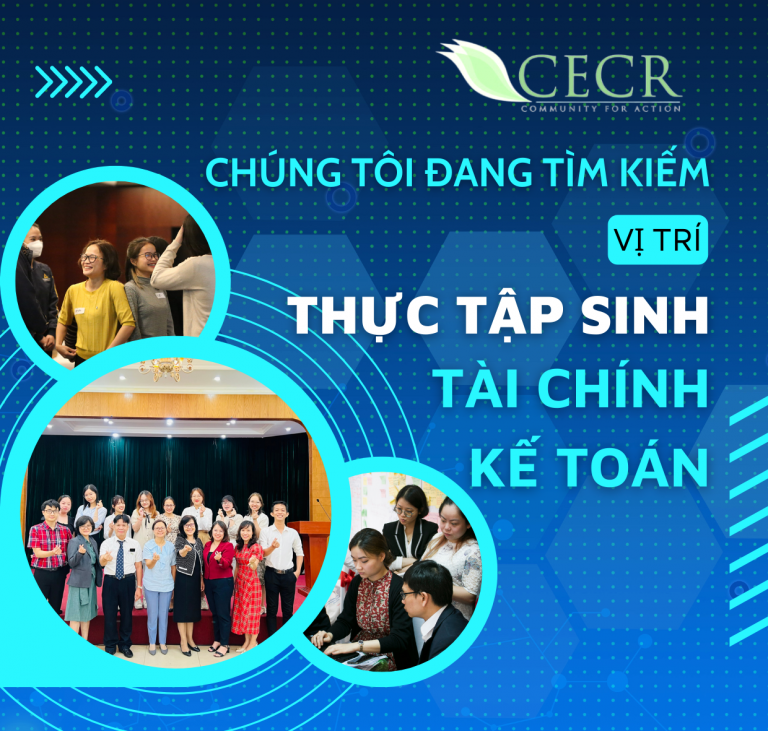- Review water pollution control and water management performance data to identity area of persistence problem. This could include both qualitative data (such as national report on water pollution status 2012) or quantitative data (national statistics)
- Review national institutional policies on water pollution control (Revised Law on Environment Protection, National Action Plan on Marine Plastic Pollution Management, concerns of people on water pollution in Viet am Provincial Governance and Public Administration Index (PAPI) 2018’s, current Public Private Collaboration Program on plastic waste management By understanding these institutional issues, the analysis will also examine who can influence or change sector level institutions and how.
- Review water programs of key international donors (Water Group 2030), and of key stakeholders at various levels (national and sus-national level, international supports), together with their economic and political interests that both influence and are affected by the changes in sector policy making and implementation. It helps to identify key factors and target groups for collective actions in policy processes.
- Review and analyse current financing mechanism for community and CSO in water conservation activities, focusing on the tax incentives for supporting CSO and communities ( Law on Income Tax of Enterprises 2015 and others). The PEA should identify opportunity to advocate for private funding policy for CSO and communities in water conservation activities.
- Meet with interview with key stakeholders that involve in different processes within the sector such as policymaking, sector ministries, stakeholder’s participation, private sector and business. The interview includes some of experts on partnership between stakeholders (Government – Private Sector and CSOs) which will affect the degree to which our project/network can influence policy. Challenges /Opportunities for changing processes to make them more efficient and effective, will be examined.
- The analysis will also include determining 2 or several specific priorities and issues within the water sector and potential approaches for the collective action (CAWACON) to engage and influence policy design or implementation.
- Two sub- situational analyses of Water Pollution and Conservation in Tho Quang Bay (Au Thuyen Tho Quang), Danang and Trang An Tourist Complex, Ninh Binh province to understand the social, political and economic factors influencing environmental pollution in the areas. This will examine the perceptions of the current status of water quality; identify key stakeholders for management of water quality; and deep-dive into the respective fishery businesses in Tho Quang/ and tourist activities in Trang An and their impacts on water quality, and the exploration of the relationship between public and private sectors in water conservation.
- political economy expertise
- situational analyses skills
- strong knowledge on water management, water pollution and water conservation issues in Vietnam, both historically grounded and up-to-date
- strong knowledge of the NGOs and other sector (particular business sector) in water management area
- good local networks in country
- good Vietnamese and English skills
- knowledge of the USAID Local Work in Vietnam is advantage.
- A report must outlining the key issues and context within the water pollution management and issues, main stakeholders, institutions and processes analyses, priority areas and potential entry points.
- Two reports on situation analysis for Tho Quang and Trang An case, including both analysis of the water pollution issues as well as recommendations for CAWACON’s collective actions.
|
Activities |
Roles |
Expected days |
||
| Team Leader | Member | TL | Member | |
| General responsibilities | Responsible for leading, managing and final report; Reporting and communicating with CECR | Support Team Leader and responsible for carrying out assigned tasks | ||
| Preparation, background research and reading | Lead the team to do scoping, planning; activities; consolidating of the data/information | Carry out all activities as assigned | 5 | 5 |
| Field visit | Leading and planning and manage of field workss | Carry out all activities as assigned | 7 | 10 |
| Analysis and report writing | Lead and manage the analysis and writing of the draft report | Carry out all activities as assigned | 20(team lead) 5×2 (member) | 17 |
| Kick-off, In-brief, Out-brief Meetings and Evaluation Workshop | Team leader/members | Carry out all activities as assigned | 3 | 3 |
| Total | 70 days | |||
- Executive summary
- Background
- Context
- Methodology
- Framework used
- Report structure
- Water pollution situation in Vietnam and relevant context:
- Achievement and challenges
- Political economic and development context
- Functions of water management and national and subnational level
- System structure, governance and context financing
- Donor/international programs
- Private sector in water use a water management
- Public private partnership
- Analyses and recommendation
- Analyses
- Recommendations for VWCN and other stakeholders


 Tiếng Việt
Tiếng Việt
